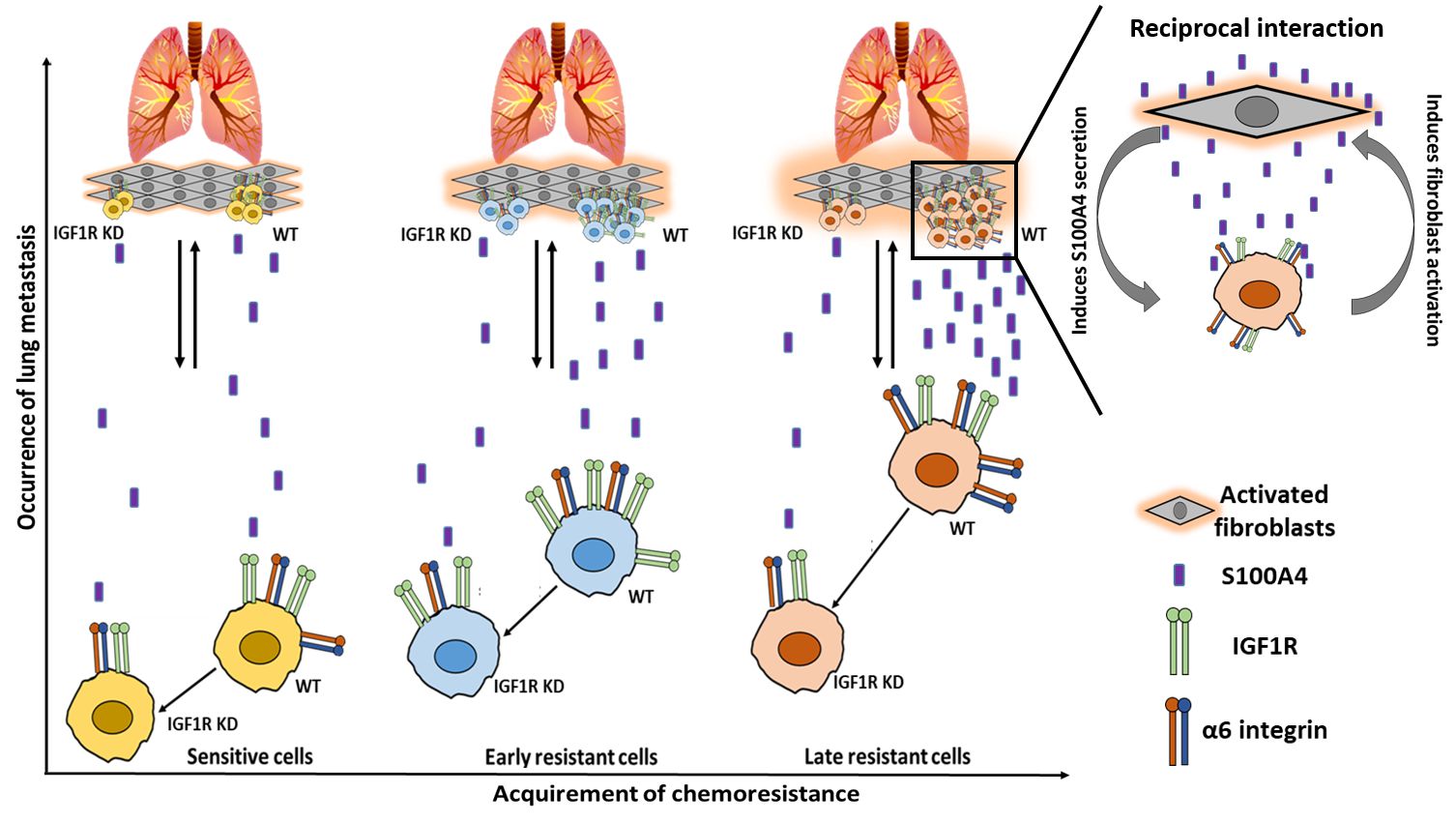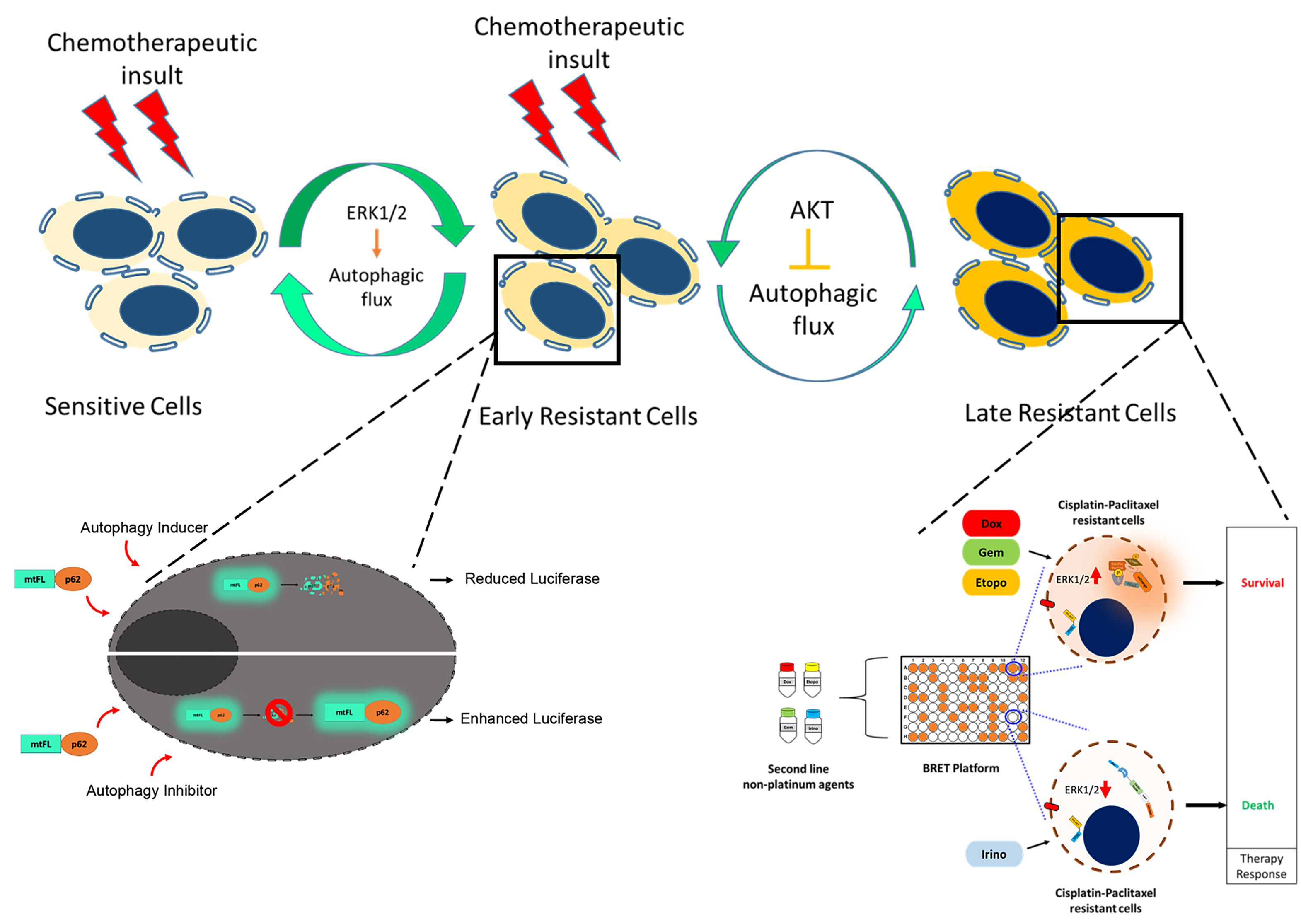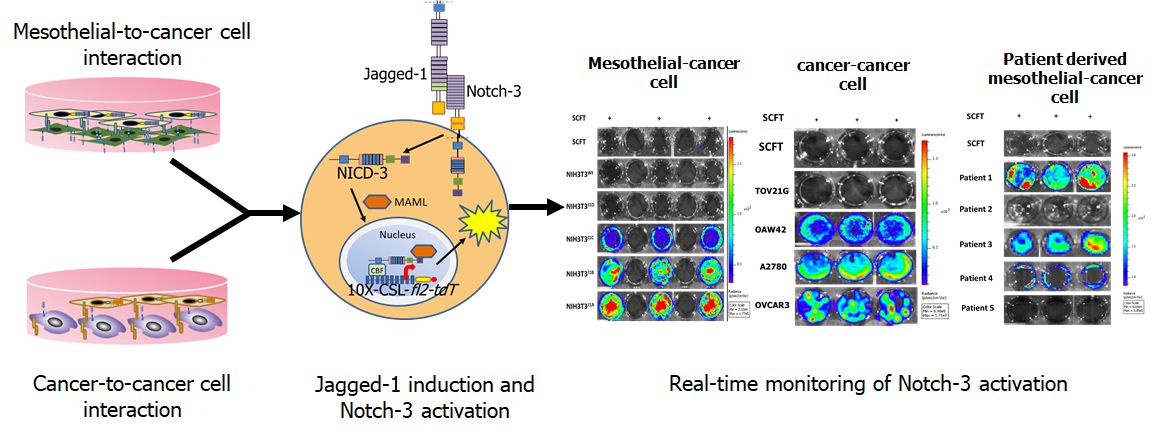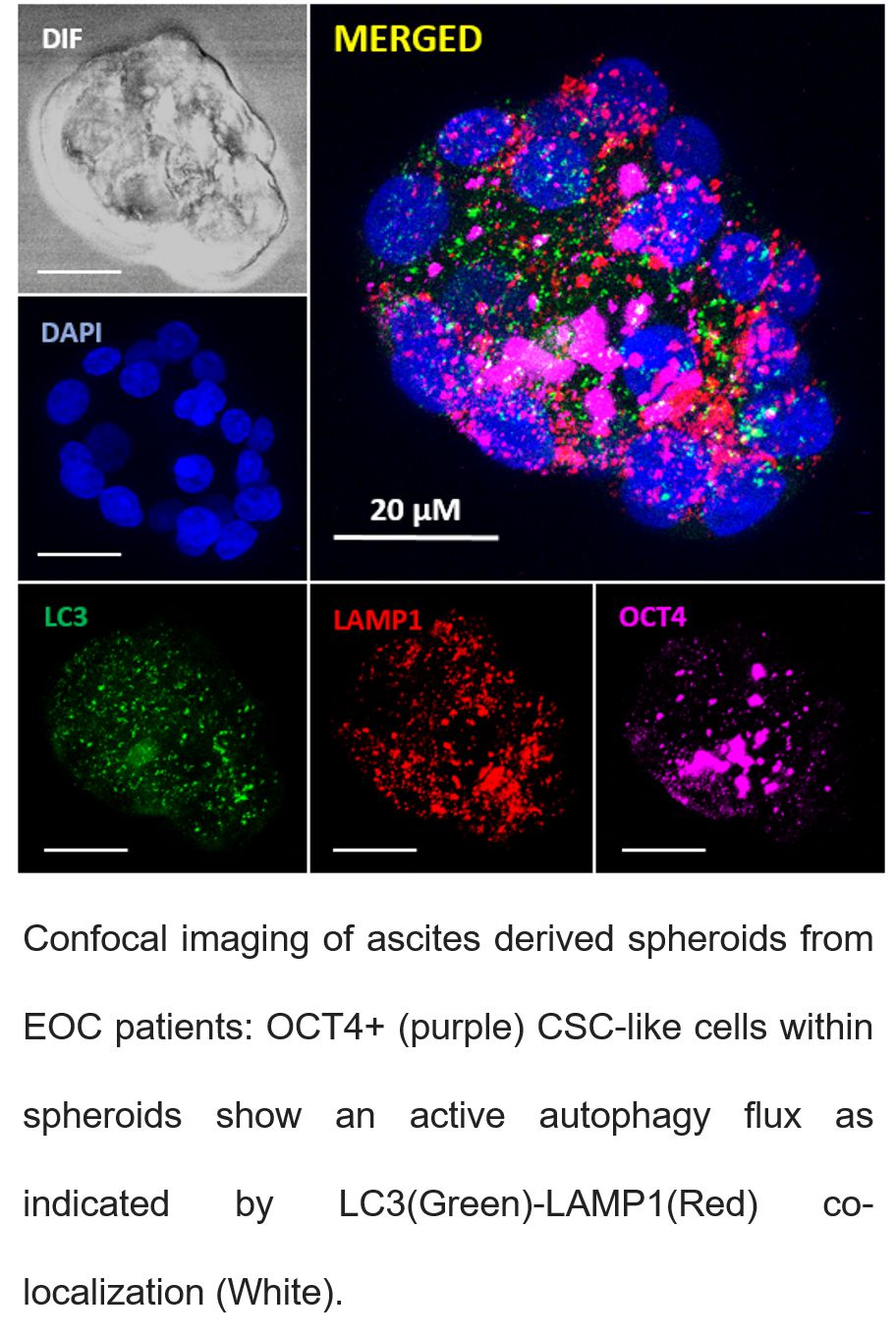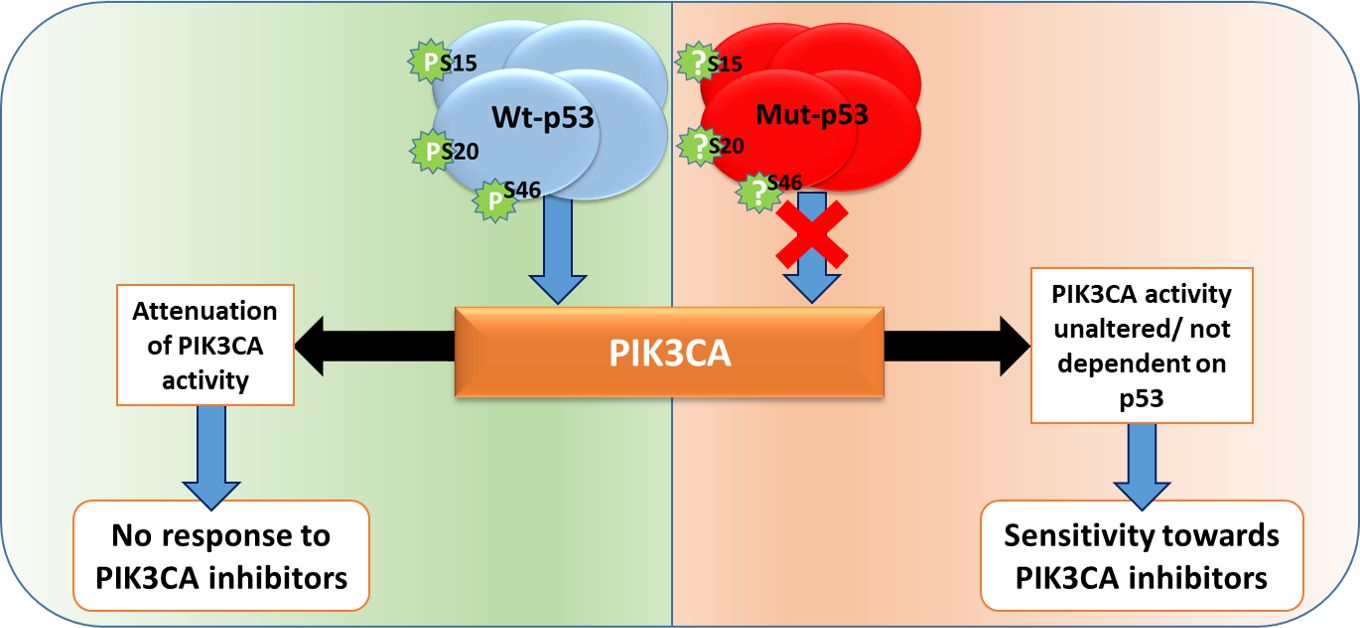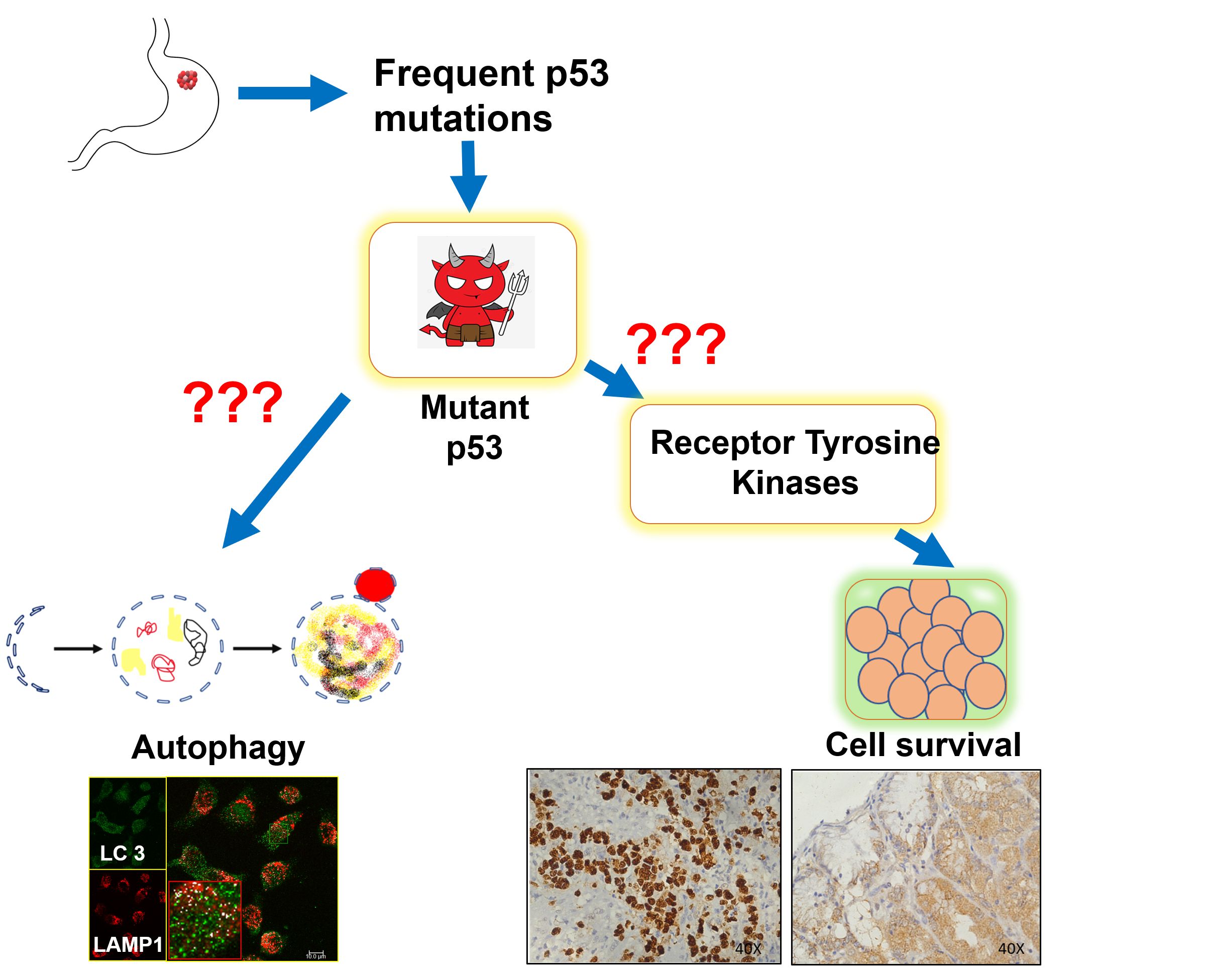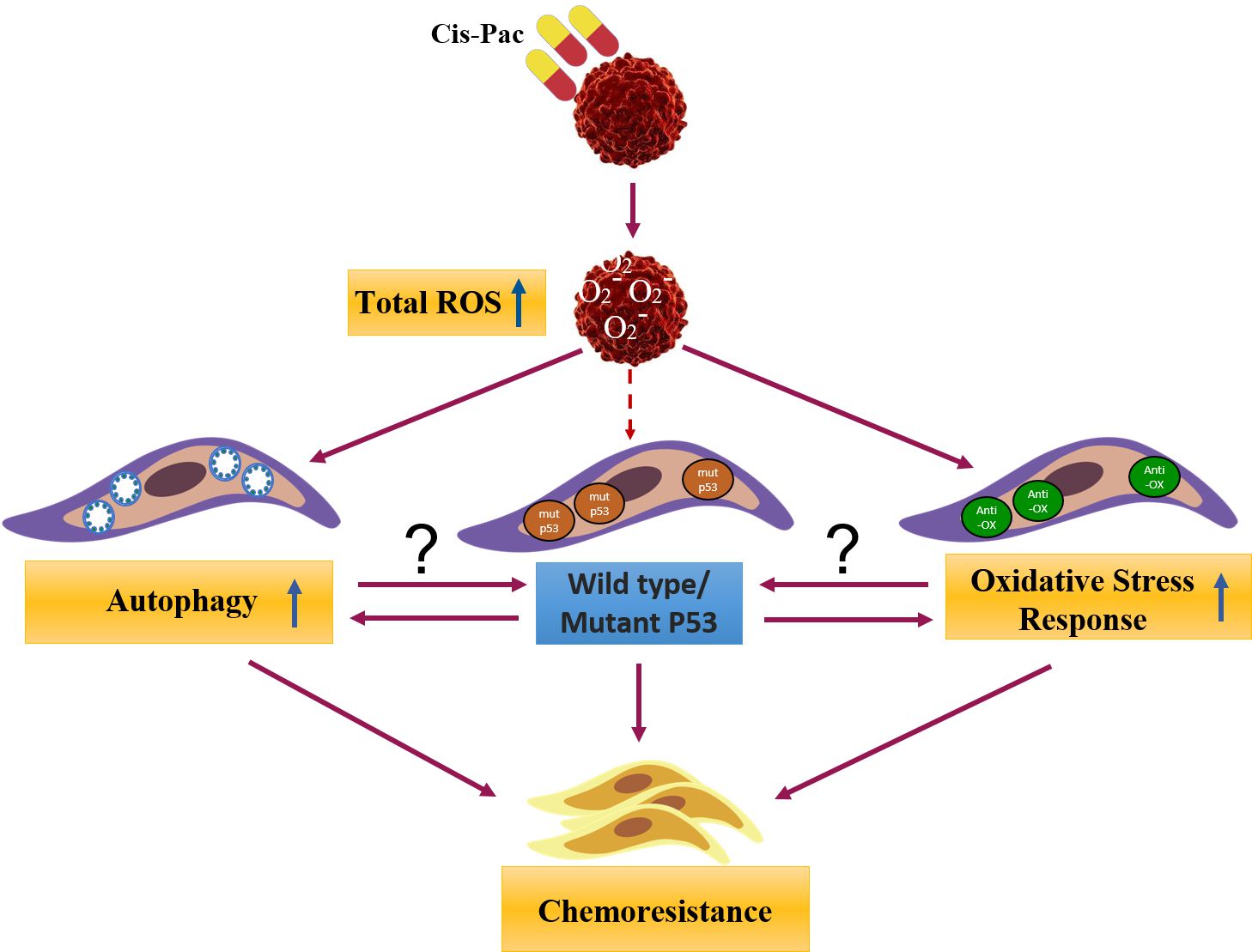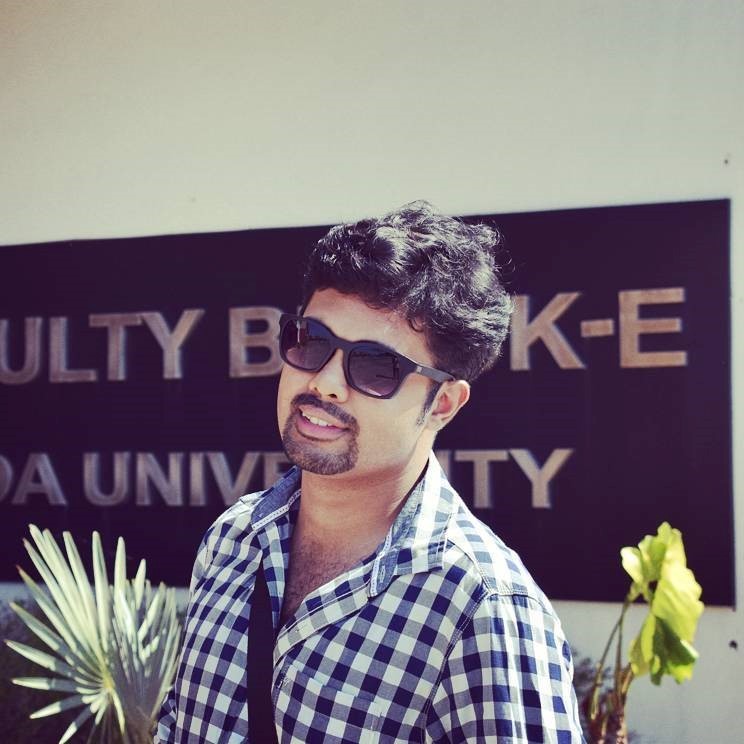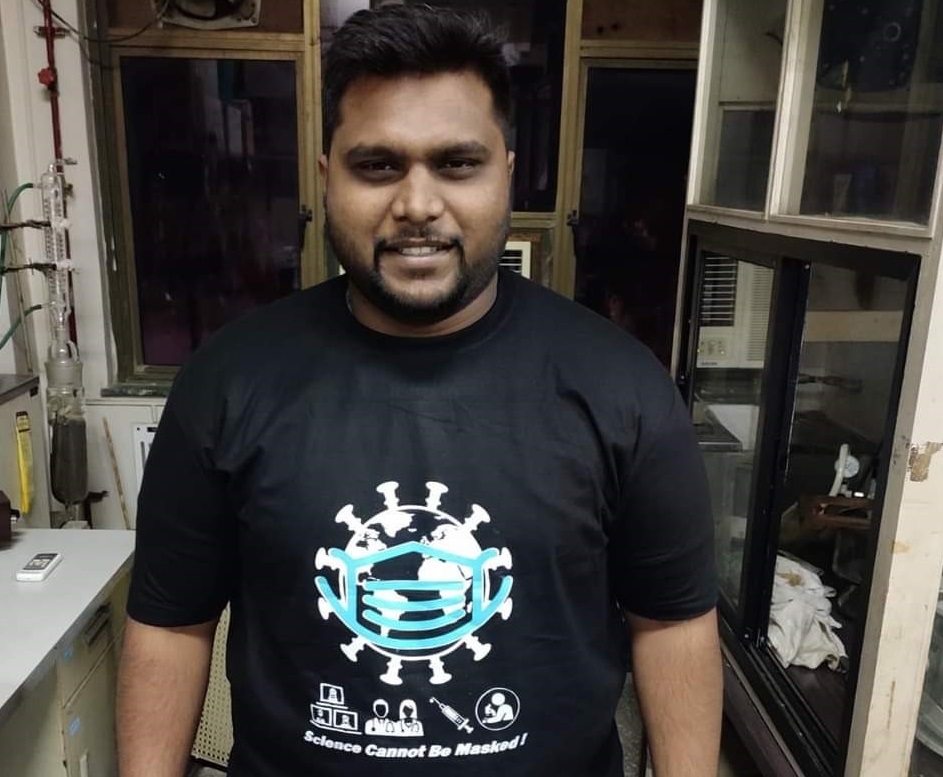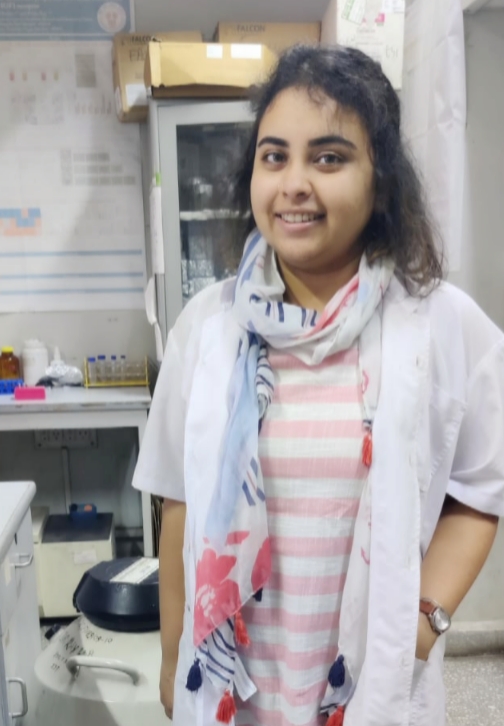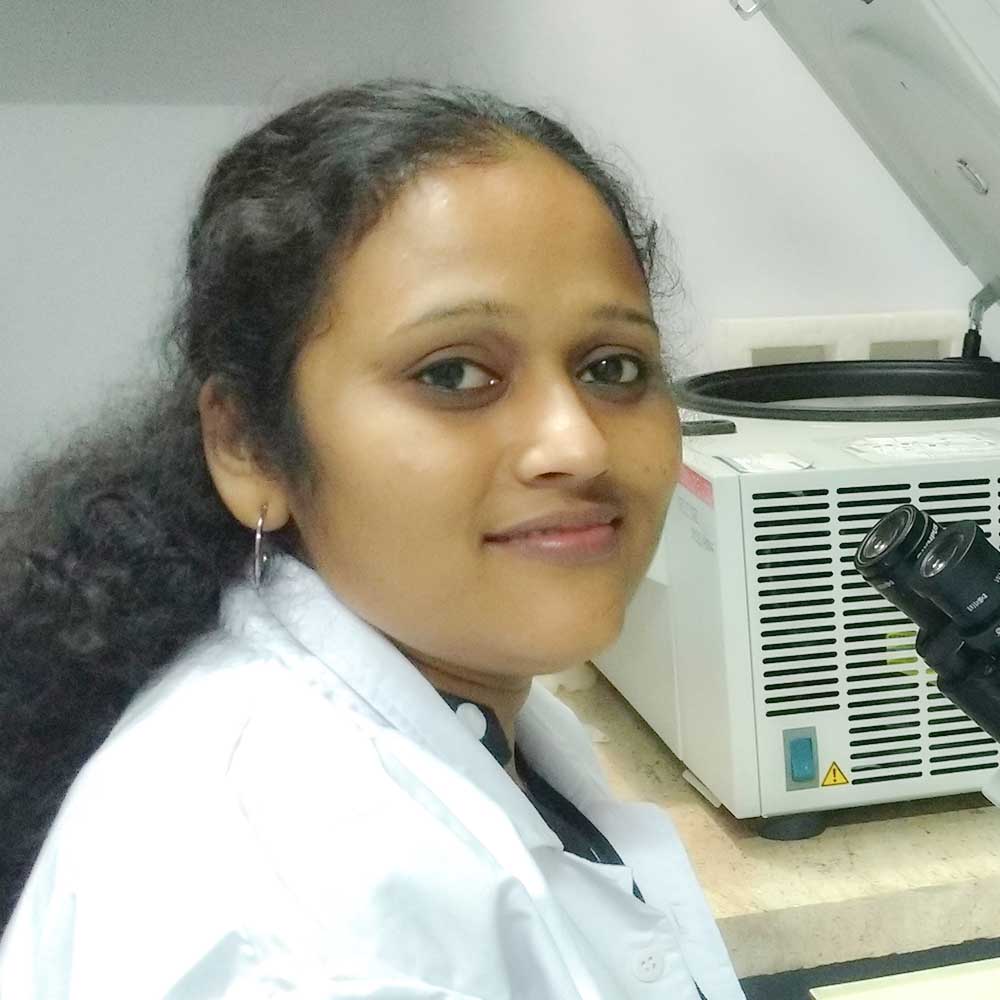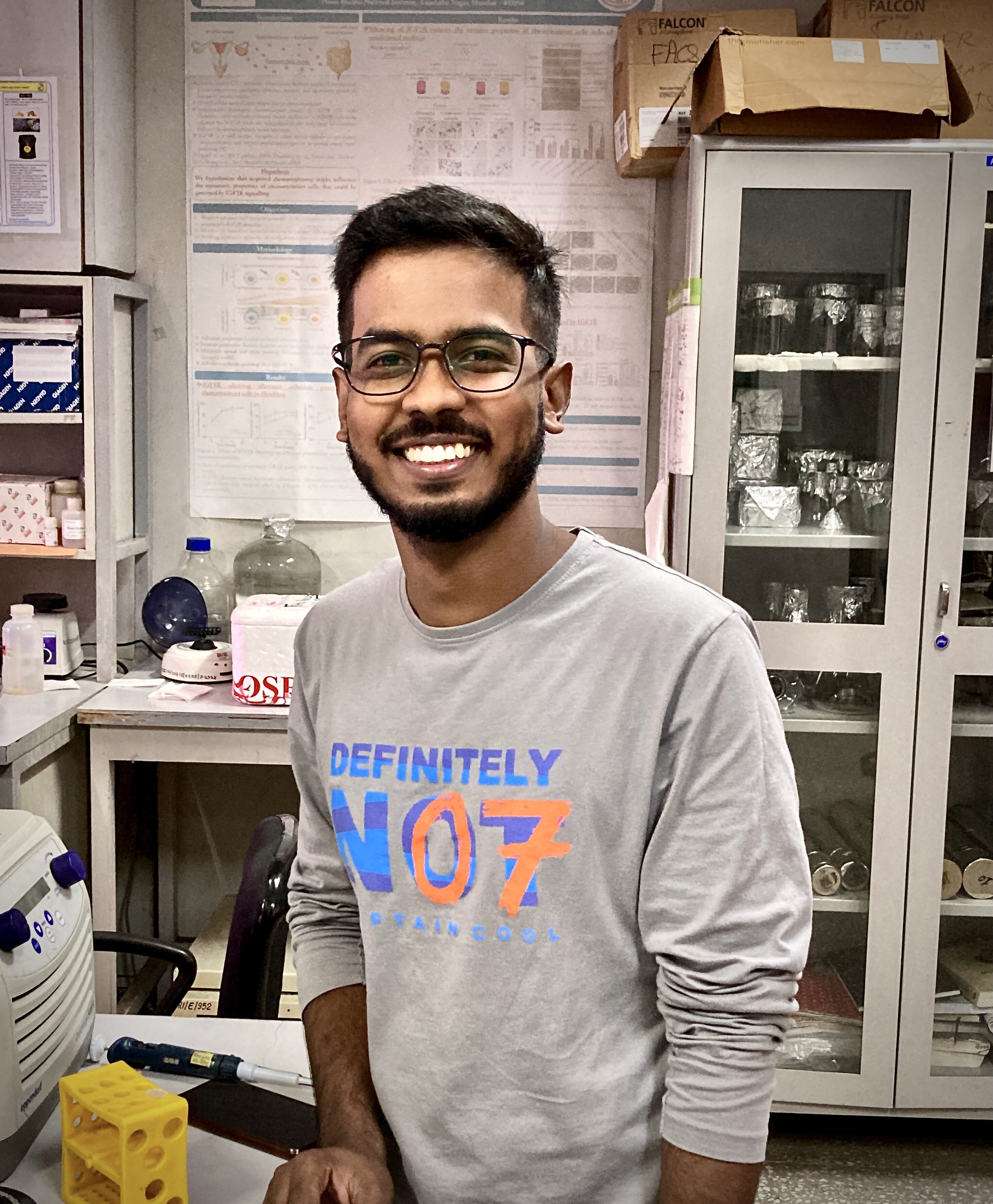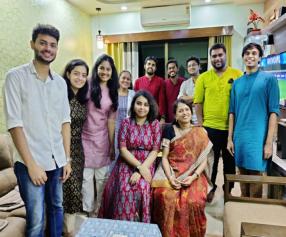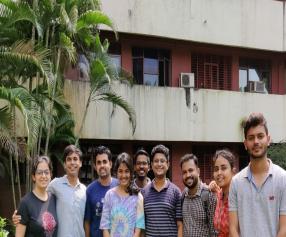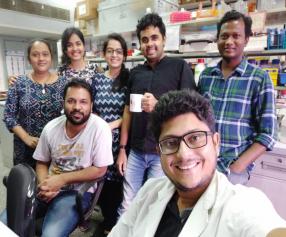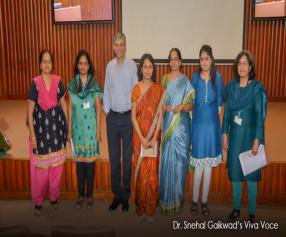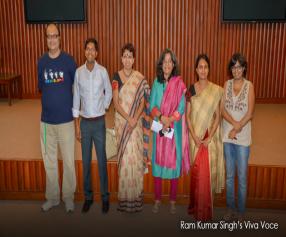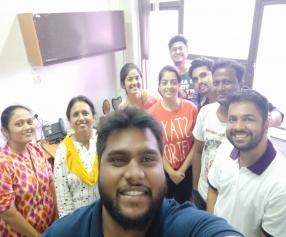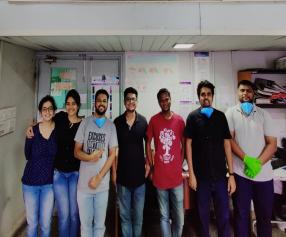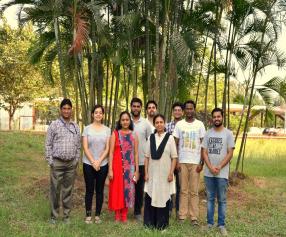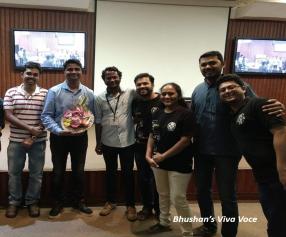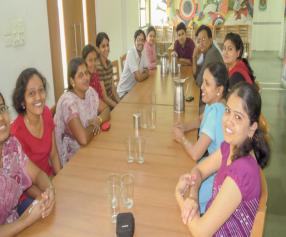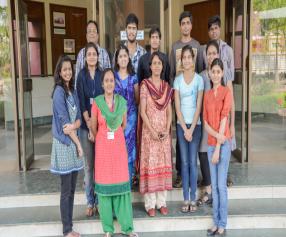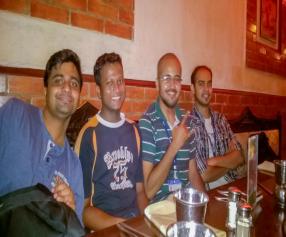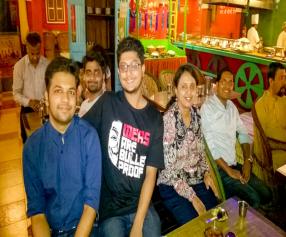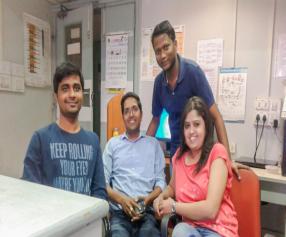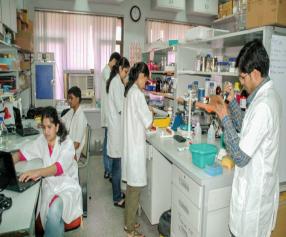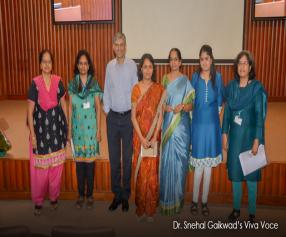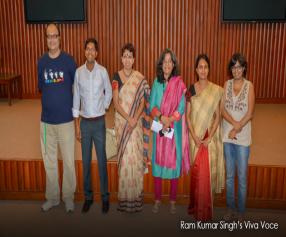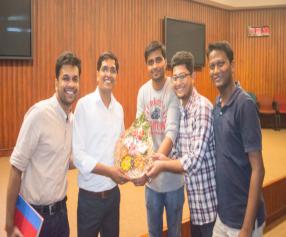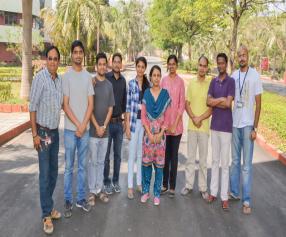
Principal Investigator
- Home
- Dr. Pritha Ray

Dr. Pritha Ray
Principal Investigator
Research Interests
Acquired chemoresistance is a multifactorial phenomenon that poses significant challenge to cancer therapy. The prime focus of my lab is to investigate and image the key molecular switches associated with chemoresistance and develop alternate/new therapeutic strategies for epithelial ovarian cancer (EOC) and gastric cancer (GC). The current activities include:
- Investigating the role of mutant p53 in regulation of autophagy and various signalling pathways in drug resistant EOC and Gastric cancer
- Investigating the potential of PI3KCA inhibitors for platinum resistant and relapsed EOC patients
- Elucidating the molecular association of autophagy and key transcriptional regulators with Cancer Stem cell homeostasis in chemoresistant EOC
- Assessing the functional consequence of differential Notch 3-Jagged 1 activation in tumor-stroma interaction during EOC progression
RESEARCH
Drug resistance still impedes successful cancer chemotherapy. In current clinical practice, drug resistance is often detected late during the course of treatment which leaves less scope for further management of the molecularly heterogeneous resistant cells. Development of resistance towards chemotherapeutics and targeted therapeutics involve multiple signaling pathways and biological processes which are differentially altered in different cell types. Thus it is critical to understand the course of resistance development, signaling pathways and underlying molecular interactions using cellular and preclinical models and clinical samples.
We at ACTREC are focused to investigate and detect the key molecular switches associated with chemoresistance and metastasis to develop alternate/new therapeutic strategies for epithelial ovarian cancer (EOC) and gastric cancer (GC). Both these cancers though differ in their prevalence rate, are primarily treated with cytotoxic drugs and exhibit high mortality due to drug resistance and relapse. Very few targeted therapy approaches are routinely practiced for EOC and GC treatments. Using indigenously developed chemoresistant cellular models, various cellular and molecular assays, subcutaneous and orthotopic mouse models, non-invasive molecular imaging and clinical samples, we aim to investigate the molecular and functional signature of primary and resistant EOC and GC cell lines and samples.
Over the years we deciphered the molecular mechanism and the consequences of loss of p53 mediated regulation of PIK3CA-AKT signaling as a key driver of chemoresistance development Gaikwad et al, Plos One, 2013, Thakur & Ray, Mol. Oncol., 2016, Gaikwad et al, Int. J. Biochem. Cell Biol., 2015, Thakur & Ray, J. Exp. Clin. Cancer Res., 2017). In absence of p53 control, an active NF-κB-TNFα-PIK3CA bimodal loop nurtures the CSC homeostasis through persistent NF-κB production under cisplatin treatment in the platinum resistant EOC cells (Thakur & Ray, J. Exp. Clin. Cancer Res., 2017). Intriguingly, we find that upregulated IGF-1R expression is an essential event for initiation of chemoresistance while maintenance of resistance is driven by activated Akt and such pulsatory expression of IGF1R relies on the co-operative interaction between RUNX1 & FOXO3a transcriptional regulators (Singh et al, Cancer Lett., 2014; Dhadve et al, Mol Basis Dis, 2020). Interestingly, this pulsatile IGF1R expression imparts distinct MAPK/ERK or PI3K/AKT pathway activation at different stages of resistance resulting in unique biochemical and cellular processes such as differential autophagic flux, functional heterogeneity in cancer stem population and organ-specific metastasis (Singh et al, Sci. Rep., 2016; Bishnu et al, Cell Death Dis., 2021, Deo et al, 2021, BBA-Mol. Biol. Dis).
Another major strength and interest of the lab is to develop reporter gene based new molecular sensors to monitor transcriptional regulation, translational regulation and protein-protein interaction in vitro and in preclinical mouse model using non-invasive molecular imaging techniques. We actively collaborate with clinicians and scientists across India and other part of the globe to develop nano-therapeutic strategies, characterize biophysical properties of chemoresistant cells and other domains. All together we take a holistic approach to develop new/alternate therapeutic strategies for combating the deadly ovarian and gastric cancers.

